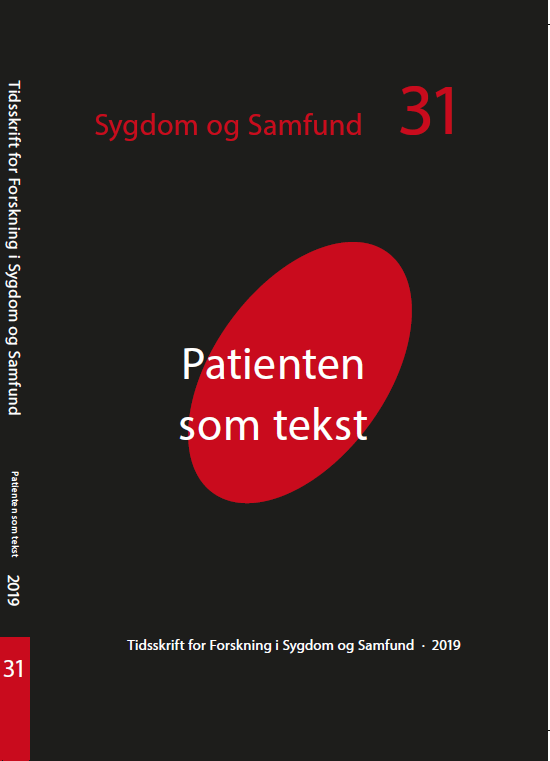Abstract
This article presents an analysis of Amalie Skram’s 1895 novel Professor Hieronimus, with an emphasis on the seclusion aspect of this patient narrative. In the article, I give a close reading of the novel where I make use of insights from theorists from different disciplines, such as Shoshana Felman, Erving Goffman and Giorgio Agamben. The intent of the analysis, is to show how Skram manages to expose the rigid social categories that characterize the total institution in which the novel’s protagonist, Else Kant, claims to be wrongfully lodged. Through a critical assessment of the institutional hierarchy, both social and medical, Amalie Skram makes her novel well-suited for the type of interdisciplinary readings that in the last couples of decades have expanded and become more accessible, thanks in part to the emergence of the field of literature and medicine. This development grants us the opportunity to revisit the works of the Scandinavian literary canon with a fresh theoretical perspective, where fiction bears the potential to articulate aspects of the patient experience that has yet to be encapsulated by theory. This article shows how this phenomenon includes studies that are not limited to this interdisciplinary field alone, meaning that a complex patient narrative such as Skram’s Professor Hieronimus is accessible to a broader theoretical material as well.

